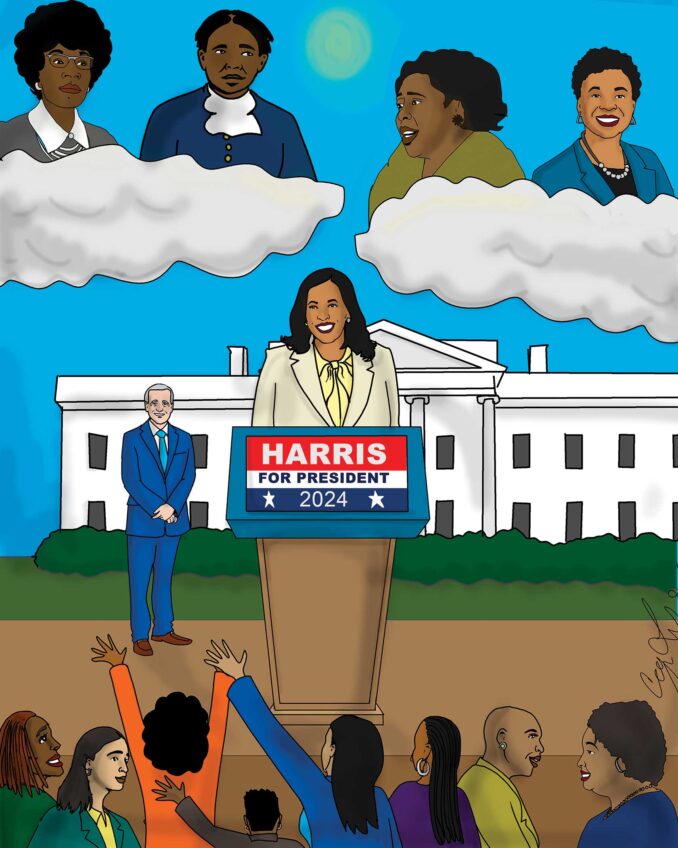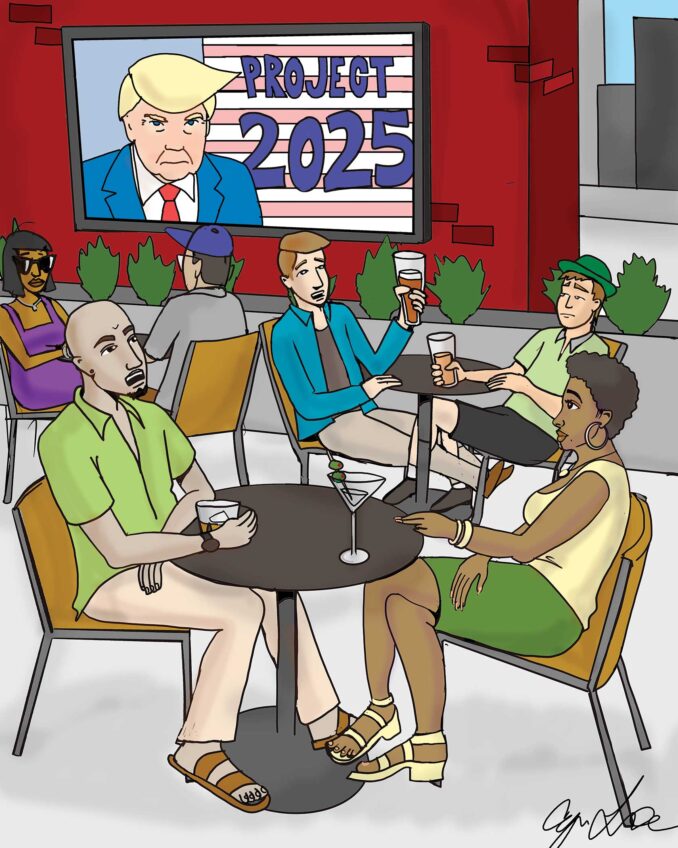A financial retort
Everyone is offended by insults, defamation or disrespect. The old saying, “Sticks and stones may break my bones but names will never hurt me,” often works for children to vitiate the effect of a verbal assault. However, there is no such simple remedy for adults.
For decades, African Americans have been the victims of verbal abuse in the media. Unfortunately, there seemed to be a lack of understanding on how to wage a war of words in the press, or to organize to strike at the enemy where it hurts.
While there should be vigorous debate on public issues in the media, racial insults and unsupported slurs should not be tolerated. The greatest sources of problems for these abuses are talk radio and television pseudo-news programs.
Glenn Beck, the host of one such program on Fox News Channel, said on the air on July 28 that President Barack Obama was a racist with a “deep-seated hatred for white people or the white culture.” A black political coalition called ColorOfChange.org appropriately took offense and unleashed a boycott campaign against the advertisers of Beck’s show. A number of companies quickly responded, including ConAgra, Procter and Gamble, Radio Shack, S.C. Johnson, CVS, and the insurance company Progressive.
All of the advertising was not pulled from the Fox network, but had to be moved to other programs. Fox now understands that TV hosts guilty of racially polarizing remarks have become financially toxic. African Americans are now beginning to understand that they have another weapon in the fight to achieve full recognition of their dignity.
So much attention is given to black poverty that even many blacks are unaware of the substantial growth in income in recent years. A 2007 study by the Selig Center for Economic Growth at the University of Georgia projected that between 1990 and 2011, black income will have increased by 237 percent. Black income rose from $318 billion in 1990 to $799 billion in 2007, and is expected to reach $1.1 trillion in 2011.
These are big numbers. To put it in perspective, excluding the United States, there are only 15 nations in the world with a higher gross domestic product (GDP) than black America, including Japan, China, India, the United Kingdom, Russia, Canada, Brazil, Germany and Australia. The black income is greater than the GDP of some other industrialized nations because of great differences in population. Switzerland, for example, has roughly 7.6 million people, according to the CIA World Factbook, while the U.S. Census Bureau estimates that there are nearly 37 million black Americans.
Clearly, no retailer or manufacturer of consumer products would want to put 10 percent or more of its sales in jeopardy. In addition to challenges to radio and television advertisers, an effort is underway to assure that blacks shopping in malls and other retail stores are treated with respect.
Dr. Jerome Williams, a professor of advertising at the University of Texas at Austin, focuses on consumer racial profiling. His work with the Center for Consumer Equality has established that African Americans are no more likely than any other ethnic group to be guilty of shoplifting. In many cases, while security is paying special attention to black shoppers, white shoplifters are walking out the door with merchandise.
The focus of many blacks in the past has been to alleviate poverty. Now is the time to exercise the clout made possible by the increase in black purchasing power.






